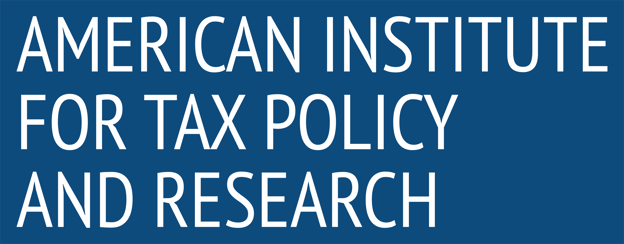TCJA Extension Would Cover Only a Small Portion of Its Own Cost
February 7, 2025
Extending TCJA tax cuts would provide a modest economic boost but fall far short of paying for itself. The American Institute for Tax Policy and Research (AITPR) estimates that continuing the expiring provisions of the 2017 Tax Cuts and Jobs Act (TCJA) would increase GDP by 0.4 percent in the short term. However, rising federal deficits would reduce business investment over time, limiting the overall benefits. The economic growth generated by the extension would only offset about 6 percent of the projected $4 trillion cost from 2025-2034.
Lawmakers debate tax and spending priorities amid negotiations. The White House hosted a meeting between President Trump and congressional Republicans to discuss tax policy, spending cuts, and economic deregulation. While House and Senate Republicans continue debating the details of the proposed plan, Senate Budget Committee Chair Lindsey Graham (R-SC) is advocating for a $300 billion bill prioritizing border security and defense. Meanwhile, House conservatives are pushing for at least $2.5 trillion in spending reductions, creating tension over the scope of potential tax cuts.
Republicans face internal disagreements over fiscal strategy. House Republicans remain divided on balancing tax cuts and deficit reduction, with some lawmakers pushing for temporary extensions to lower costs. Others insist that any tax package should be deficit-neutral. House Budget Chair Jodey Arrington (R-TX) believes a compromise is close, but with Speaker Mike Johnson (R-LA) needing near-unanimous support within his party, the path forward remains uncertain.
IRS workforce reductions delayed until after tax season. The Associated Press reports that IRS employees will be unable to accept buyout offers under the administration’s federal workforce reduction plan until after May 15. The agency expects over 140 million tax returns to be filed by April 15, making the timing of any workforce cuts a key concern. A federal judge has temporarily halted the buyout deadline pending a legal challenge from unions representing federal employees.
Municipal bond tax exemption under scrutiny. Bloomberg reports that public finance bankers are lobbying Congress to protect the tax-exempt status of municipal bonds. Some House Republicans have proposed eliminating the federal subsidy for municipal debt to offset the cost of extending the TCJA tax cuts. Bankers argue that removing this exemption would significantly raise borrowing costs for state and local governments, making it harder to fund infrastructure projects.




